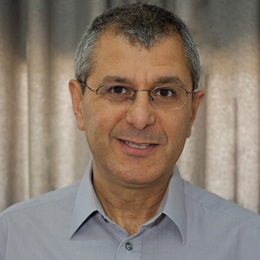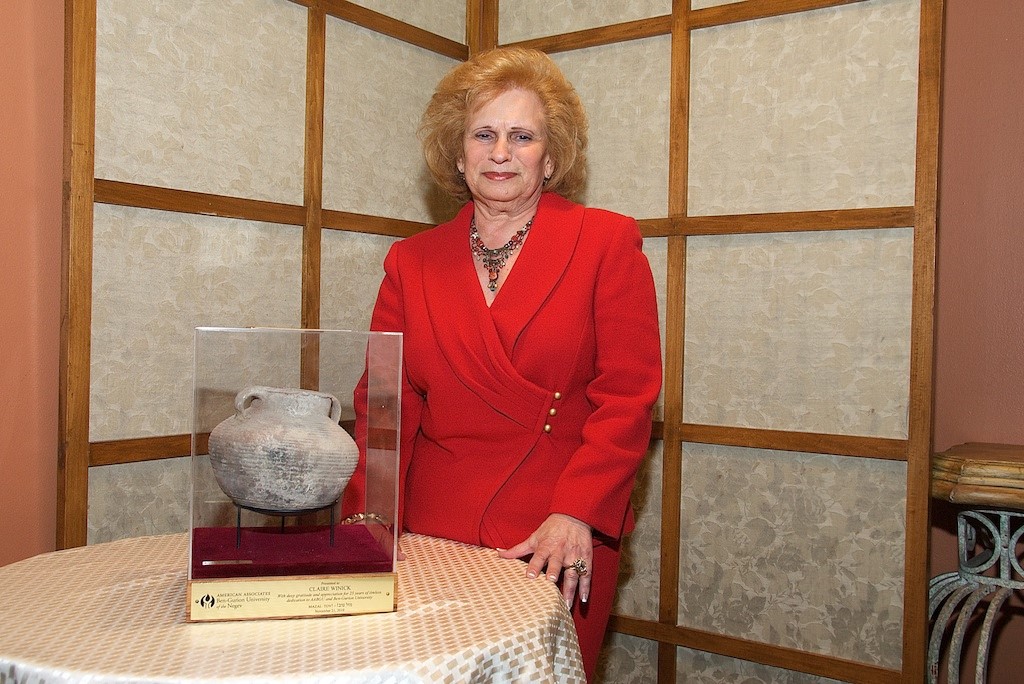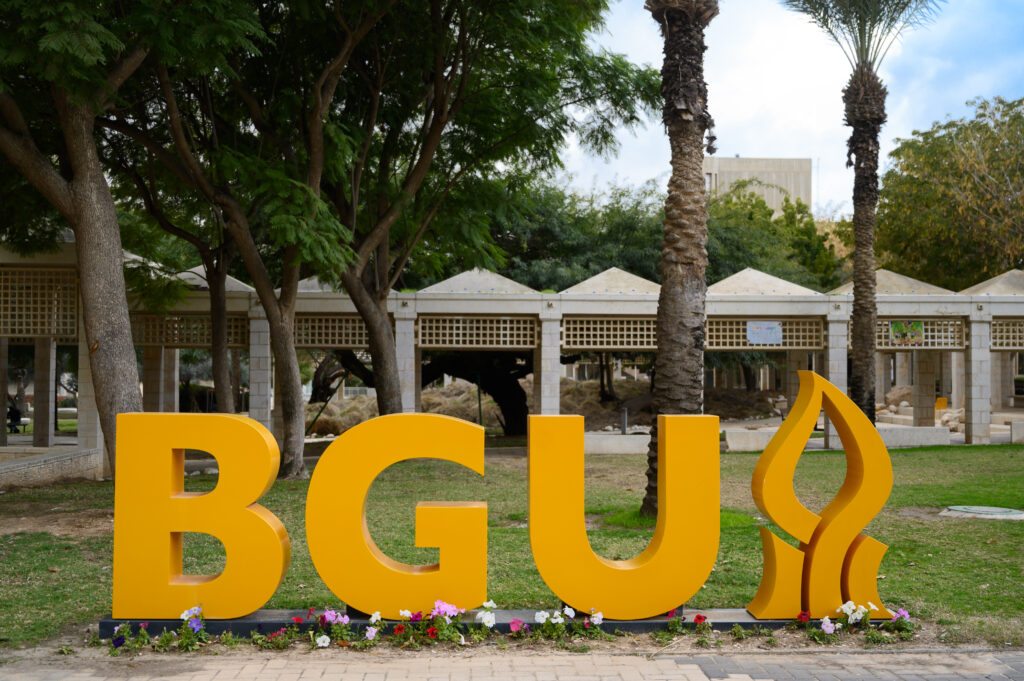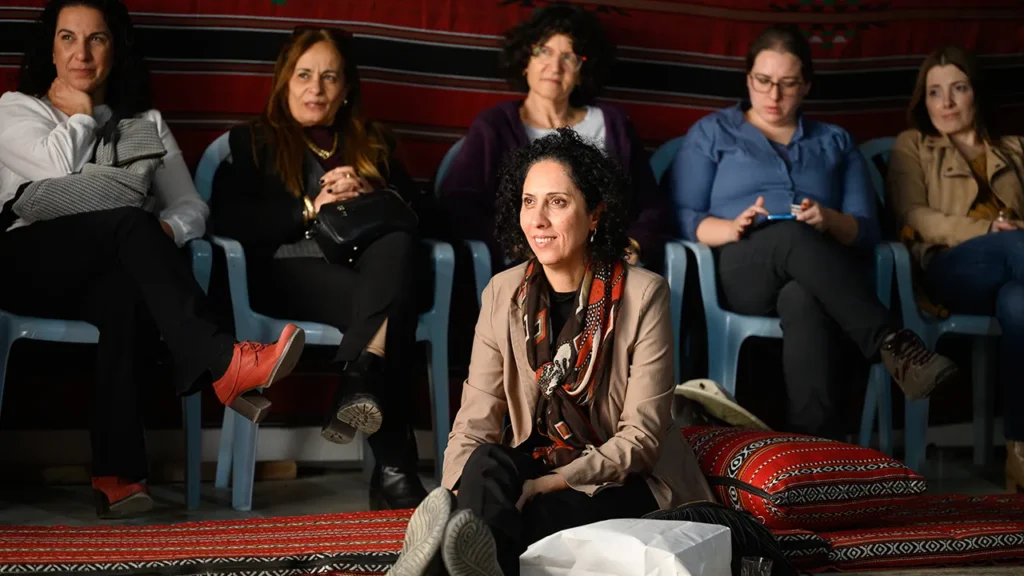
BGU’s Prof. Meital Explores Jewish Heritage in Cairo
BGU’s Prof. Meital Explores Jewish Heritage in Cairo
August 27, 2024
Israel Studies, Culture & Jewish Thought
The Times of Israel – Israel’s neighbor Egypt once had a thriving Jewish community dating back to ancient times. Today, only a handful of Jews remain — the result of mass emigration caused by the tumultuous events and changes of the 20th century, including the establishment of the State of Israel.
In the sprawling capital of Cairo, old Jewish synagogues are tended to by the few remaining community members and the Egyptian government itself. These buildings and the documents and Judaica preserved under their roofs are the subject of a new book, “Sacred Places Tell Tales: Jewish Life and Heritage in Modern Cairo,” published last month by the University of Pennsylvania Press.
The book’s author, Prof. Yoram Meital-Jacobson of the Department of Middle Eastern Studies at Ben-Gurion University of the Negev (BGU), was granted unprecedented access to the Cairo synagogues from 2017 to 2021 in his role as historical consultant to Cairo’s Jewish community.
One of the main goals of the book is to show how “the Jewish community was part and parcel of Egyptian society, culture and history,” Meital said, speaking with The Times of Israel from the United States, where he has been spending the year as a member of Princeton University’s Institute for Advanced Study.
During the late 19th century and the beginning of the 20th century, Jewish life in Cairo was transformed by an influx of Ashkenazi Jews from Eastern Europe, who were distinct from the local Mizrahi and Karaite Jews. During the same period, new neighborhoods were being built, enabling Jews for the first time to set up new centers and synagogues beyond the confines of ancient Cairo.
Most of Cairo’s Ashkenazi community immigrated from Eastern Europe and Russia, “mainly escaping from very poor environments. Some of them were running for their lives and they ended up in Egypt,” Meital said, adding that in synagogue records he found “specific letters and testimonies” describing escapes from the 1903 Kishinev pogrom, among other calamities.
“At the end of the 19th century, Jews began to leave the old quarters and settled in the new neighborhoods of Cairo. Until that time, the vast majority of Jews lived in the Jewish Quarter, there was this kind of segregation,” Meital said. Wealthy families bought land and built villas in new upscale neighborhoods such as Maadi or Heliopolis, while families of modest means bought apartments in other areas, even as many Jews remained in the old Jewish Quarter where they had lived for generations. This change was part of “facing modernity,” Meital said, where “religious affiliation was no longer the criterion for where you lived.”
“The 1948 war was a major event in the history of the region, of course. But Egypt was directly involved in the war with newborn Israel. The Jewish community found itself in an extremely difficult situation,” Meital said. As the war began, “several hundred Jews were arrested, some properties confiscated, and the rhetoric against Jews got much worse,” he said. In the period from 1956 and 1962, the Jewish community in Egypt “emptied out… Only a few thousand remained after 1962, and they suffered after the 1967 war. Many men were imprisoned and tortured, marking the end of the community. Most of those still in Egypt eventually left the country,” he said.
The current war and regional turmoil have completely halted what had been a “positive trend of reevaluation of the Jewish past of Egypt during the first two decades of the 21st century,” Meital lamented. This reevaluation had enabled the Egyptian public to begin to see Egyptian Jewry as part of their own culture, and to distinguish between Jews, Judaism, and Zionists, something that wasn’t always possible in previous periods, he said. But since October 7, he said, general “anti-Jewish voices and sentiments within Egyptian society, unfortunately, have significantly increased.”




